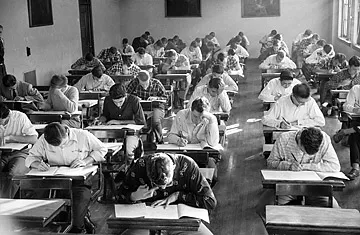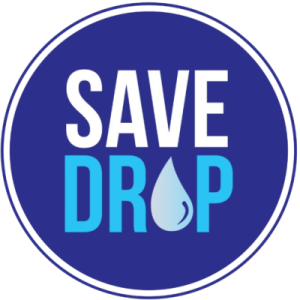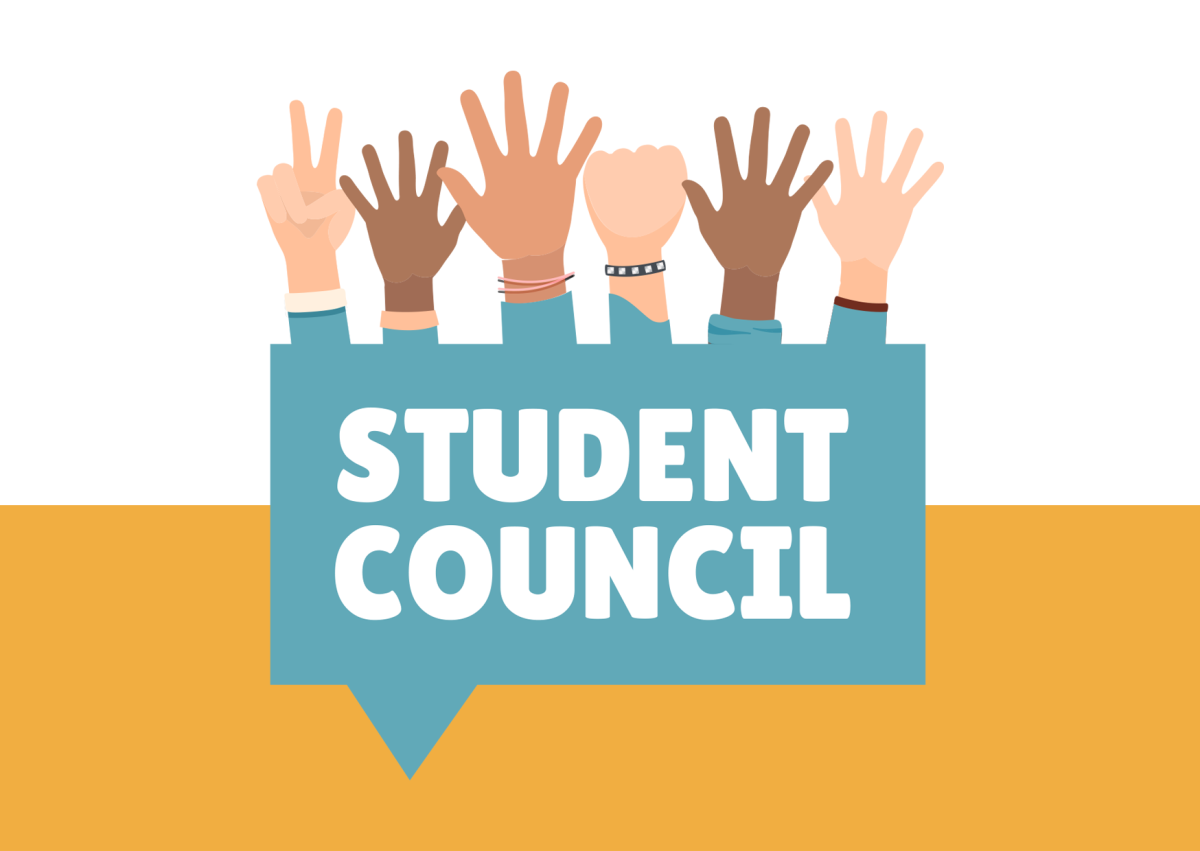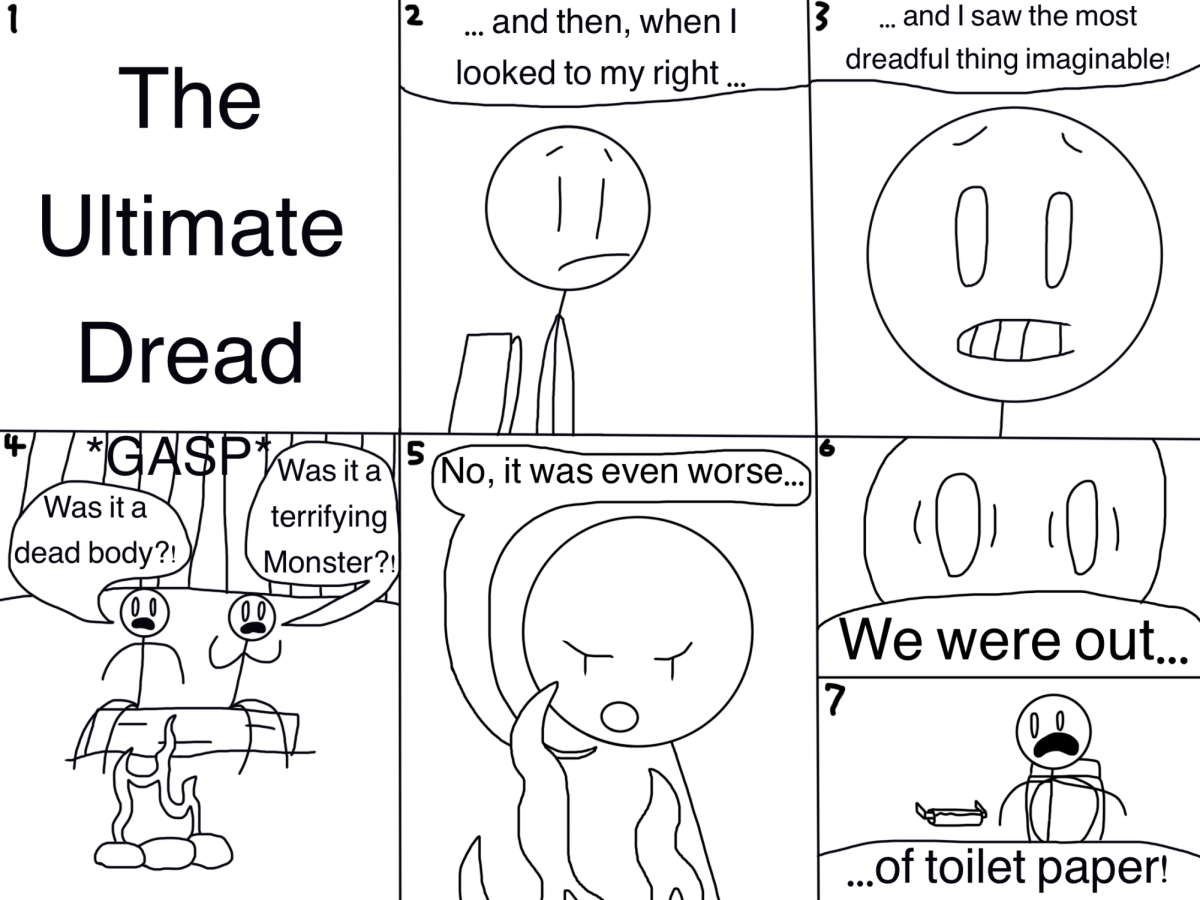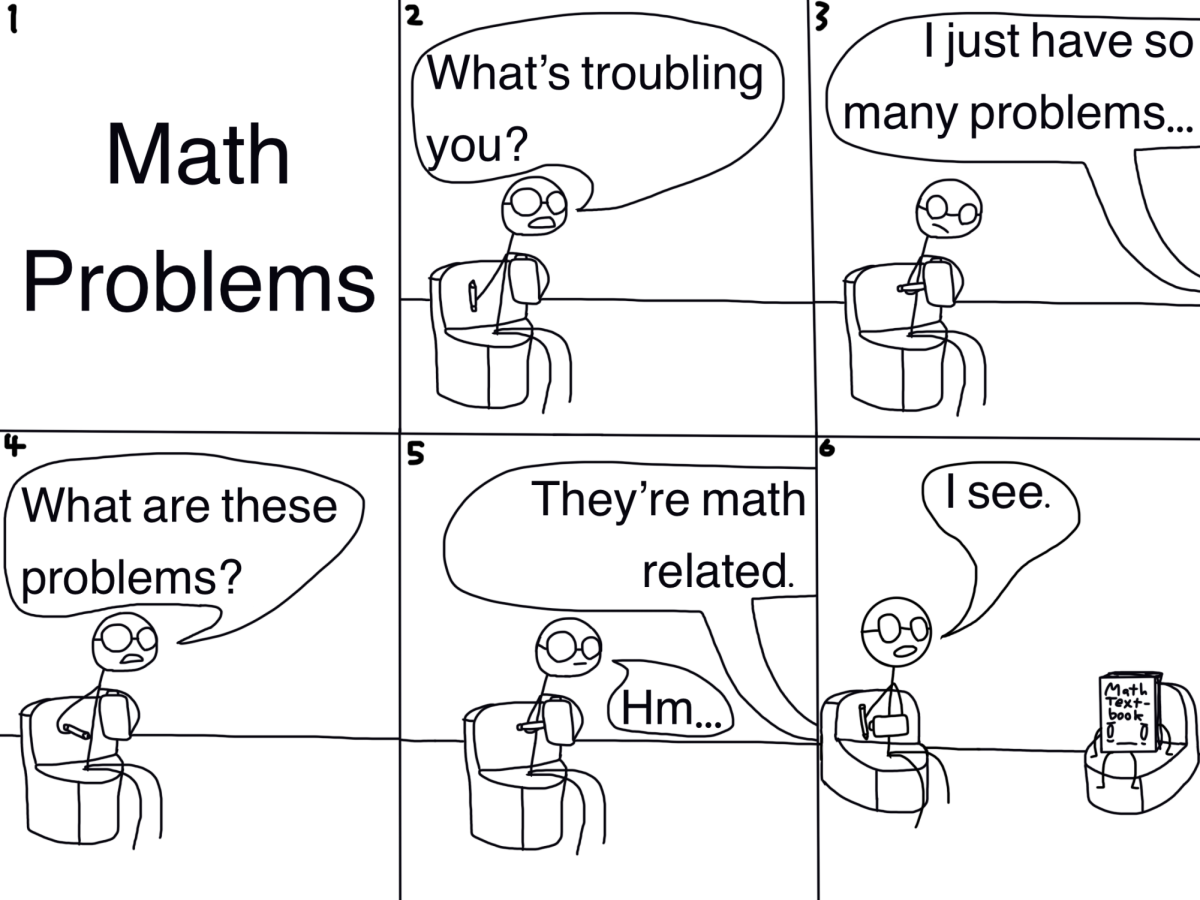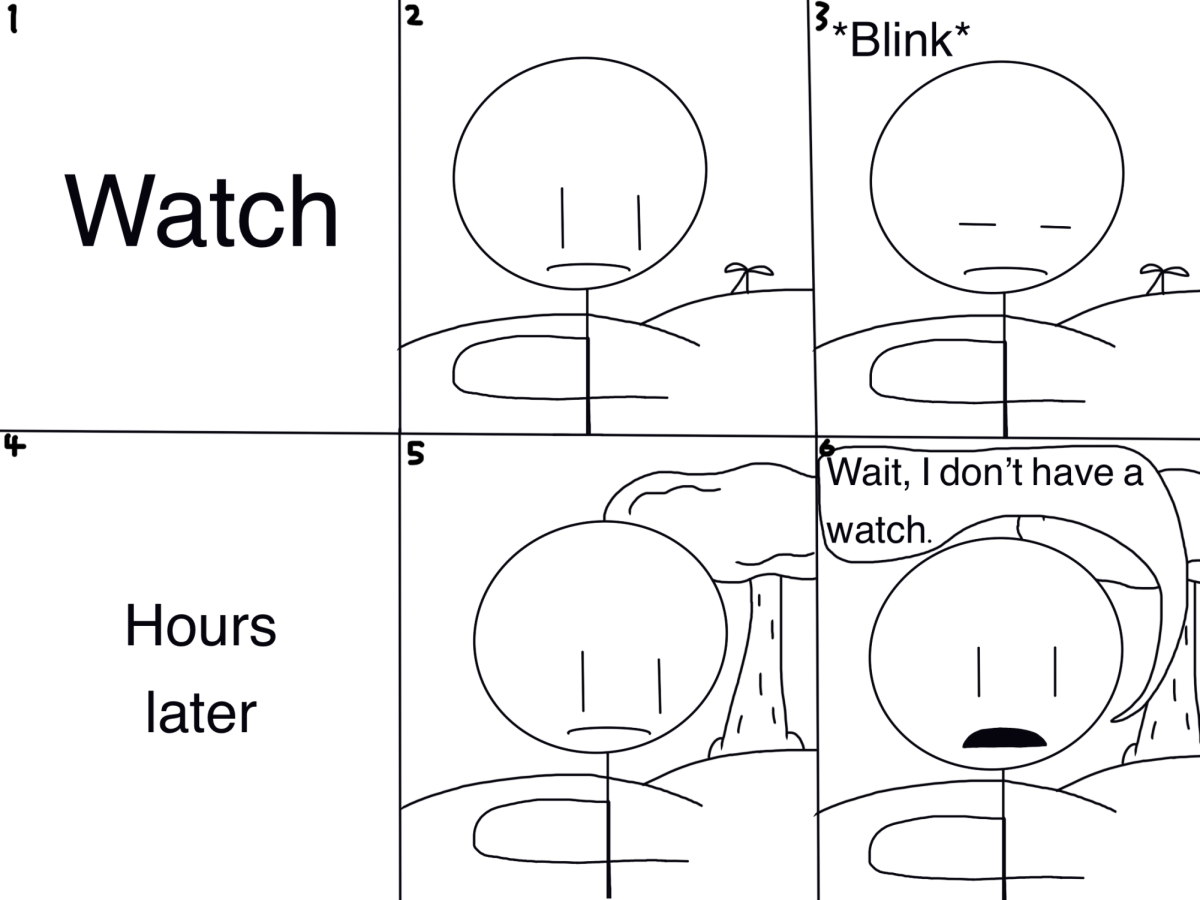WARNING: This topic may be a bit controversial, if you can’t tell by the title. You don’t have to read if you don’t want to, and you don’t have to agree if you don’t want to. I’m just stating my own opinion and have no biases against the topic personally.
The concept of standardized is only one surrounded by a pool of docile acceptance, taken as just another ordinary part of school life. Yet it occurred to me, that throughout this tradition of standardized testing, through the form of the NJSLA, STAR, and others, I have came to realize that this testing is not just about education: it can take into account many different things, such as socioeconomic status, education retainment, and even prejudice against certain qualities.
Now, as a whole, what even is standardized testing? Well according to the glossary of Education Reform, it states “A standardized test is any form of test that (1) requires all test takers to answer the same questions, or a selection of questions from common bank of questions, in the same way, and that (2) is scored in a “standard” or consistent manner, which makes it possible to compare the relative performance of individual students or groups of students.” (The Glossary Of Education Reform). Yet seeing as how the test is given in different spans of time, it does not account for varying levels of stress or environmental factors that may affect the performance of students in this test. This means that there are cracks found in the system. However, I cannot blame a system for mistakes. Circumstances are hard to measure and are out of their control. Yet there is more.

One of the biggest issues is racial profiling, found even in the heart of our education system. Studies show that African American, Hispanic, and Native American students are shown negative bias and prejudice, with graders immediately assuming factors and stereotypes that are not always true. This includes the type of language used, overall social status, behavior, and even intelligence. These factors can seriously damage the mental health of students in general. According to this article from NeaToday, it states “ Decades of research demonstrate that Black, Latin(o/a/x), and Native students, as well as students from some Asian groups, experience bias from standardized tests administered from early childhood through college.” (NeaToday). This is a clear gap in the standardized testing system, which the organizations that create the testing insist can be solved by performing more testing on students.
Then there is the score coming back. Every different person has a different upbringing and a definition of average. For someone, an average for them might be a C while their best friend thinks an average for them is equivalent to an A+. Everyone’s standards are different, so the standardized testing proves less and less useful at marking progress and more like a ranking of your social status: how well your parents were educated, their class, and their socioeconomic status.
In conclusion, standardized testing is an ineffective method of measuring progress and is instead used for profiling students in class. There are definitely chances for change, and many states are pulling back. A change is urgently needed, otherwise these impractical procedures will still continue.
Works Cited
Long, C. (n.d.). Standardized testing is still failing students. NEA. https://www.nea.org/nea-today/all-news-articles/standardized-testing-still-failing-students
Sabbott. (2015, November 12). Standardized test definition. The Glossary of Education Reform. https://www.edglossary.org/standardized-test/







